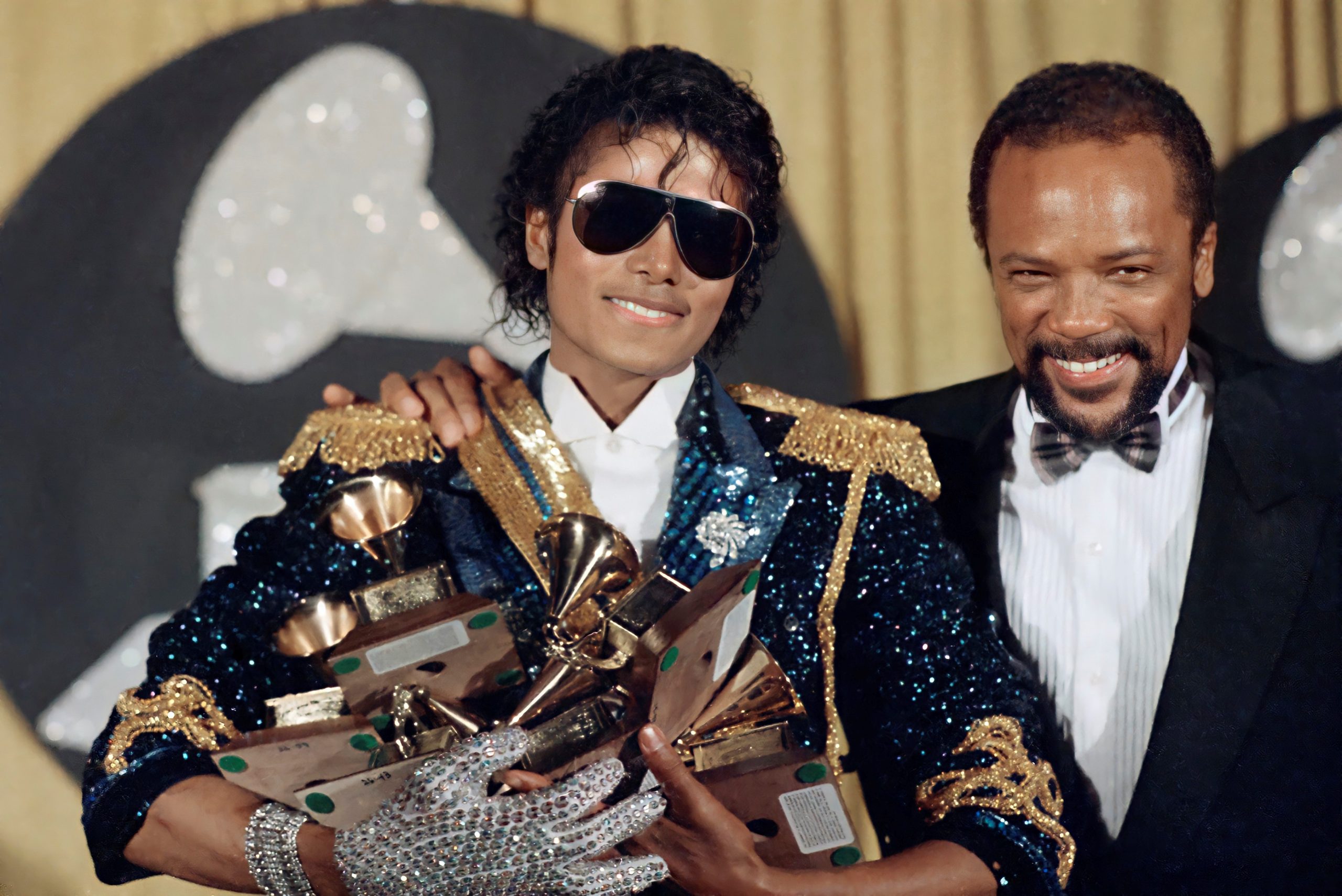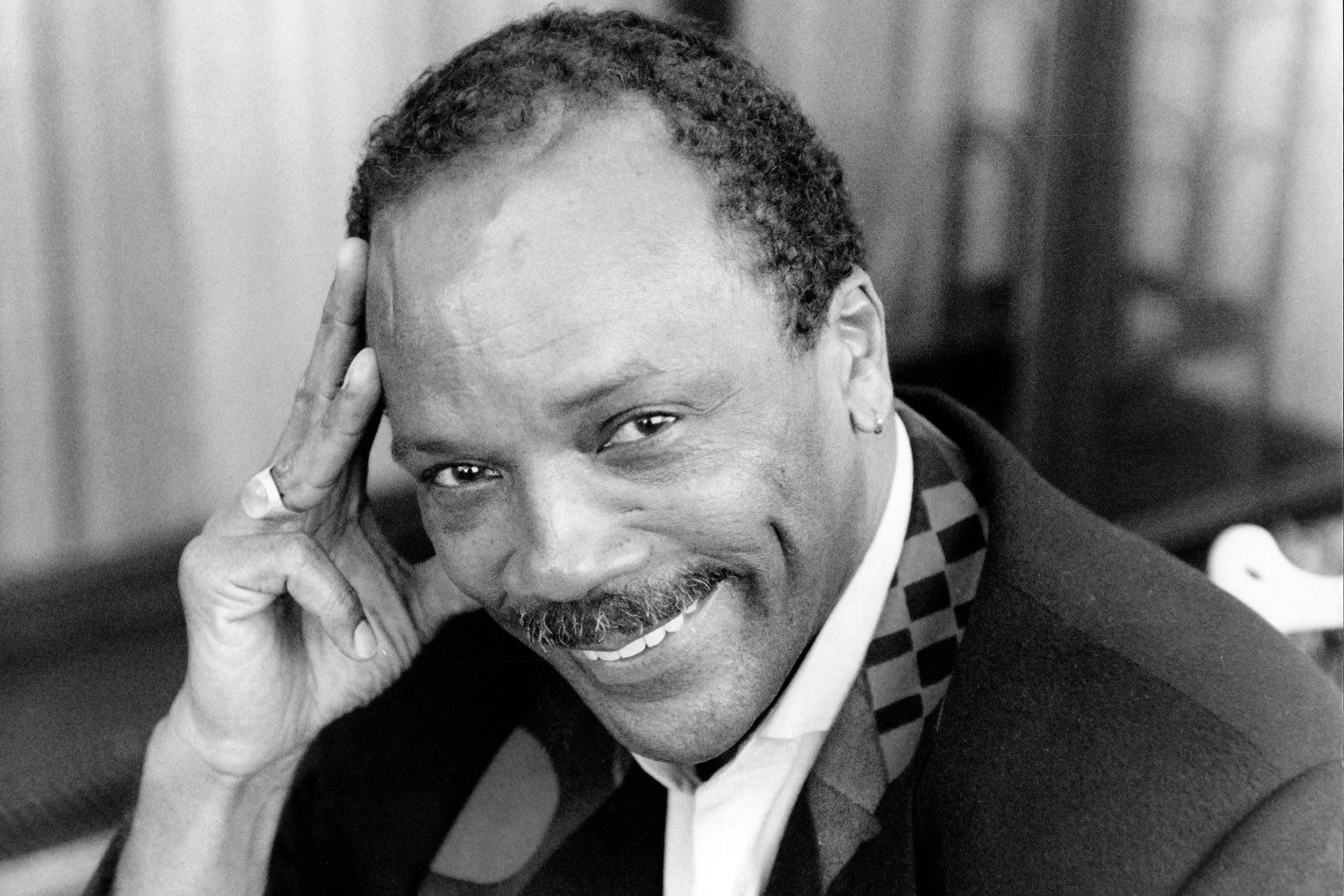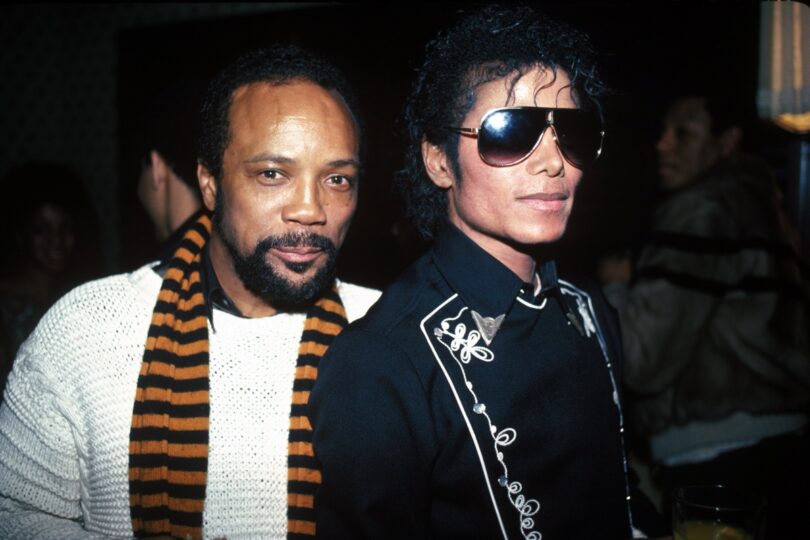African American music has strong ties to traditional African music and has had a significant influence on music all around the world. Swahili is only one of several African languages that have found their way into modern musical styles thanks to this history. But the sources we looked at didn’t provide any information regarding American musicians who used Swahili in their songs.
Table of Contents
What is African American Music Called?
African American music encompasses various musical styles that have emerged from the Black community in the United States. These styles include but are not limited to blues, jazz, gospel, soul, funk, R&B (rhythm and blues), hip hop, and rap. Each genre has its own unique characteristics and cultural significance within the broader context of African American musical heritage.
How Did Quincy Jones Contribute to African American Music?

Quincy Jones with Michael Jackson. Photo/Academy of Achievement
A master at incorporating the rich traditions of Africa into his music, Quincy Jones Jr. has demonstrated a special connection to Swahili traditions. An example of this is the fact that he chose the name Kenya for his daughter as a way to pay tribute to the lasting influence of the continent on his life and career.
In 1985, Jones composed the legendary song “We Are the World,” which was a product of his affinity with African rhythms and Swahili lyrics. This song, which included the Swahili phrase “Nakupenda Pia,” which means “I love you” became a worldwide rallying cry for kindness and fraternity.
Incorporating this element was more than just a musical decision; it was an ode to a shared African history that sought to unite people of different backgrounds while simultaneously alleviating hunger in Africa.
Does Africa Influence American Music?
The continent of Africa had a significant impact on another music business giant, Michael Jackson. He went on pilgrimages that strengthened his bond to his ancestral roots during his travels across nations including South Africa, Senegal, Gabon, Cote d’Ivoire, Senegal, Tanzania, Egypt, and Tunisia.
For Jackson, Africa was always “home,” and he saw the continent’s rich cultural heritage as fundamental to his pan-African identity. He loved and respected the rich cultural diversity of Africa, and his music reflected that. He even used Swahili terms now and then.
Why Does Quincy Jones Love African Culture?
In addition to his many musical accomplishments, Quincy Jones has been an outspoken supporter of African American cultural preservation and economic empowerment in Black American neighbourhoods.
The fact that he is involved with the Institute for Black American Music (IBAM) and has supported Dr. Martin Luther King Jr.’s Operation Breadbasket shows how much he wants people to value African American and African art. Jones has greatly enriched the cultural landscape through his endeavours, which have helped to establish a stage for the art and music of African Americans.
What is Special About Quincy Jones African American Music?
Many people, especially in Africa, have responded strongly to Jones’s music because of the Swahili and other African elements he has included. The celebration is held in honour of the continent’s rich cultural heritage as a sincere way to show respect. Jones and Jackson’s incorporation of African musical influences into their music has influenced subsequent generations of musicians and improved their works.

Quincy Jones. Photo/Rolling Ston
Their lasting impact promotes cross-border cultural exchange and an understanding of the rich diversity of musical cultures around the world. The tale of Jackson and Quincy Jones’s involvement with African music and culture exemplifies how creativity can transcend the boundaries of race and ethnicity. It emphasizes how music can serve as a language that transcends borders, bringing people together, educating them, and even healing them.
Their lasting impact serves as a poignant reminder of the significance of valuing and honouring all cultures, encouraging a global community that embraces both unity and diversity. The power of music to bridge cultural and linguistic divides should not be underestimated. Musicians from all over the globe, including those from the US, often find that African traditions and music provide the most interesting and unique elements to their work.
American artists utilizing Swahili is proof that African languages and sounds have influenced American music. The larger tendencies of musical hybridization and the international flow of cultural traditions are mirrored in this effect.








